Politics and Policy Studies: Ethnicity, Race and Conflict Analysis
VerifiedAdded on 2022/08/21
|5
|1192
|18
Essay
AI Summary
This essay provides a comprehensive comparison and contrast of the primordialist and constructivist views of ethnicity. The primordialist perspective posits that ethnicity is an inherent and immutable characteristic, while the constructivist view argues that ethnicity is socially constructed and subject to change through various societal influences, including migration, colonization, and political processes. The essay explores the implications of these views, examining the construction of ethnicity internally and externally, and the objective aspects of both ethnicity and race. It also discusses the concept of race, its definitions, and its relationship to ethnicity. The essay uses the Rwandan Genocide as a case study to illustrate how ethnic conflict is viewed differently under each perspective. The author concludes that a constructivist approach offers a more nuanced understanding of ethnic conflict by considering historical, social, and political factors. The assignment draws upon relevant literature and provides a critical analysis of these competing perspectives, highlighting the importance of understanding ethnicity in political contexts.
1 out of 5
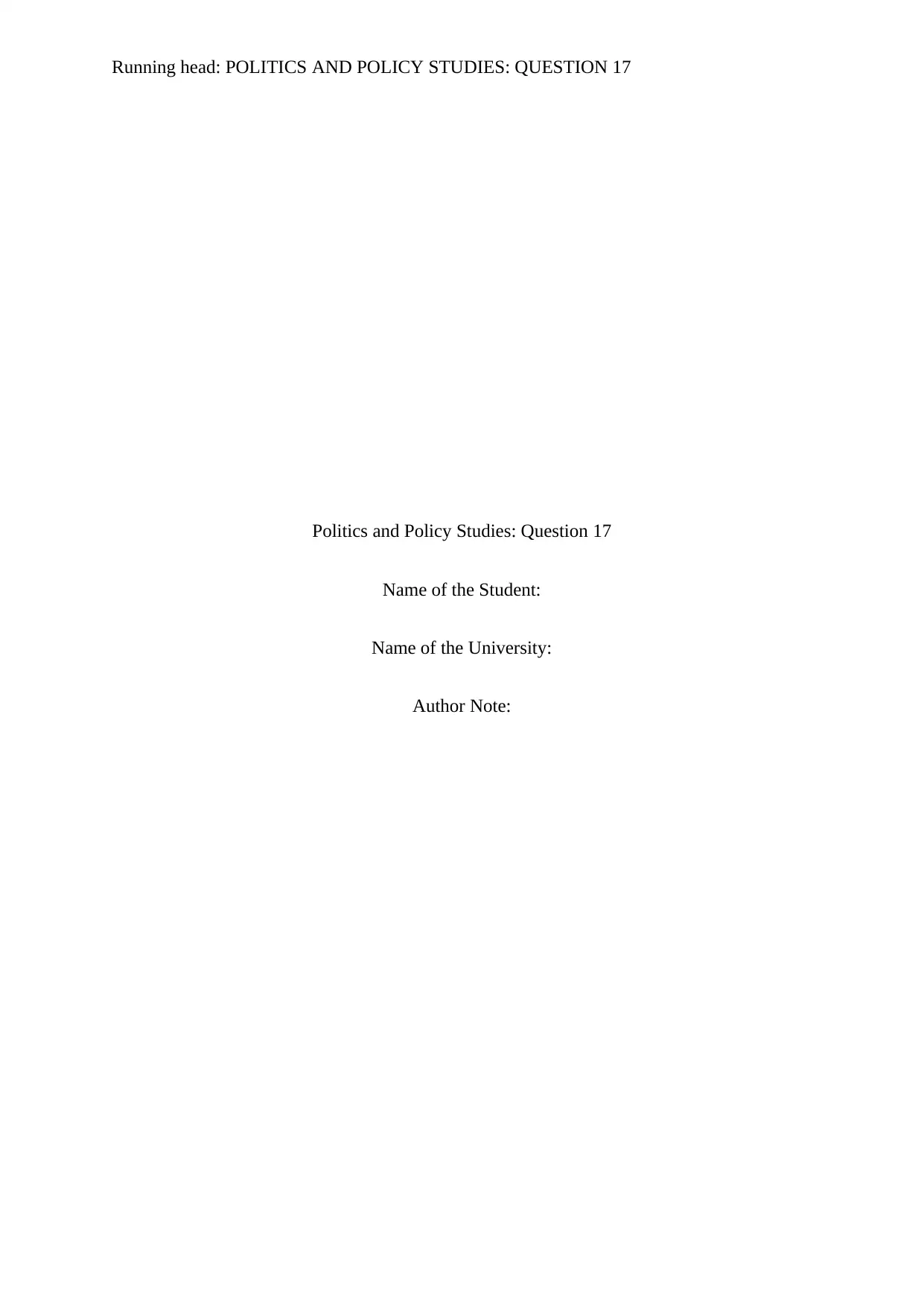
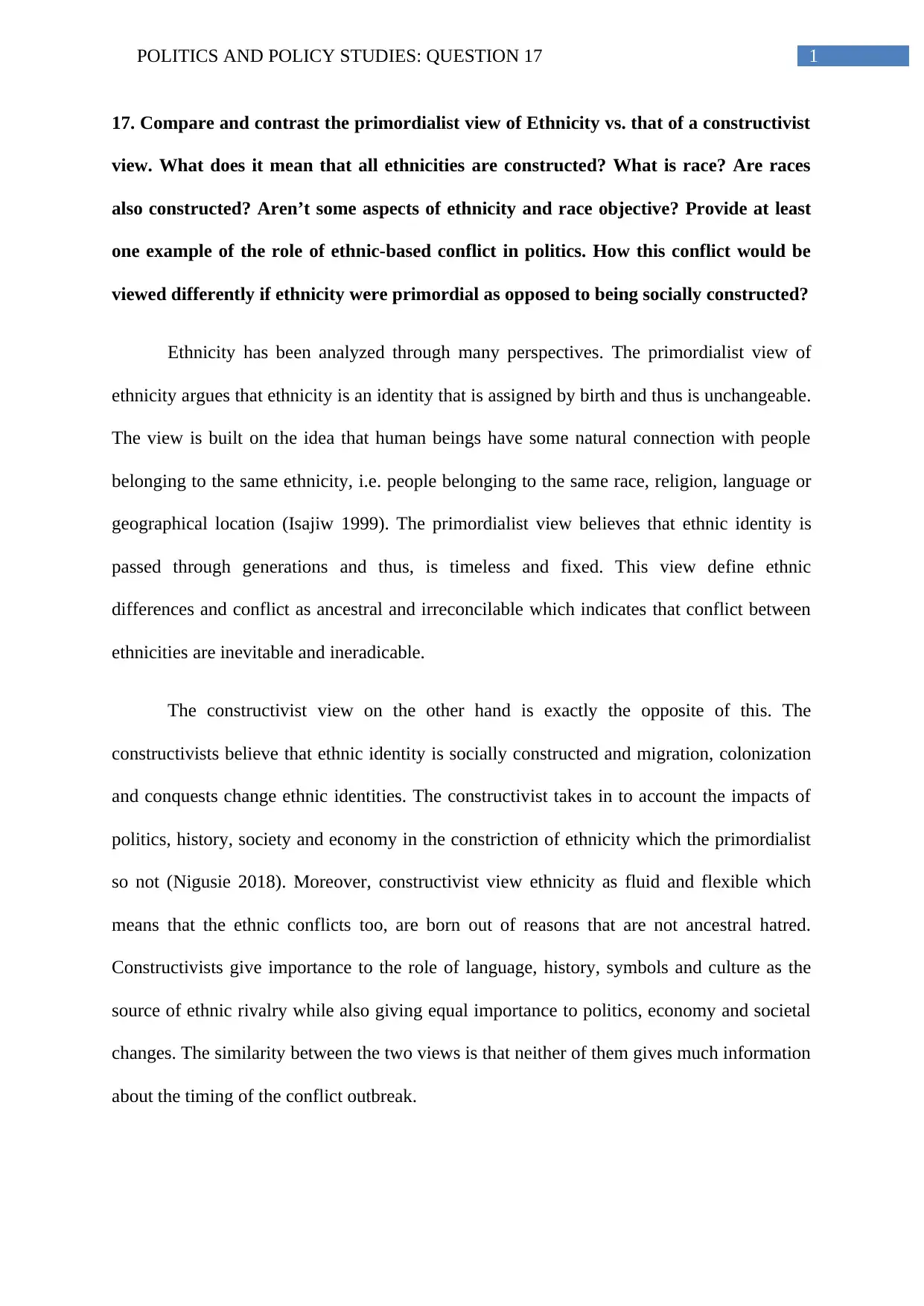
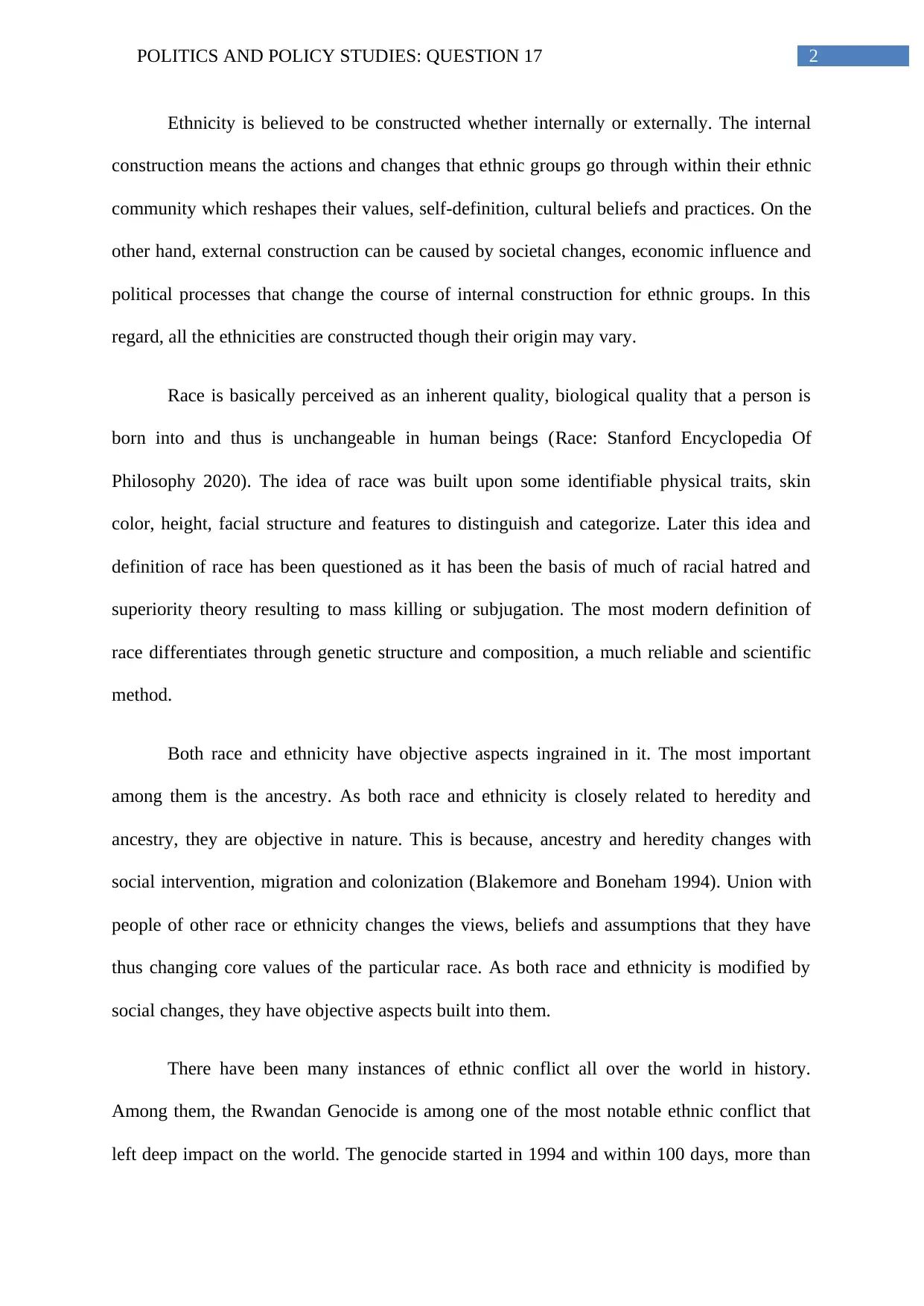

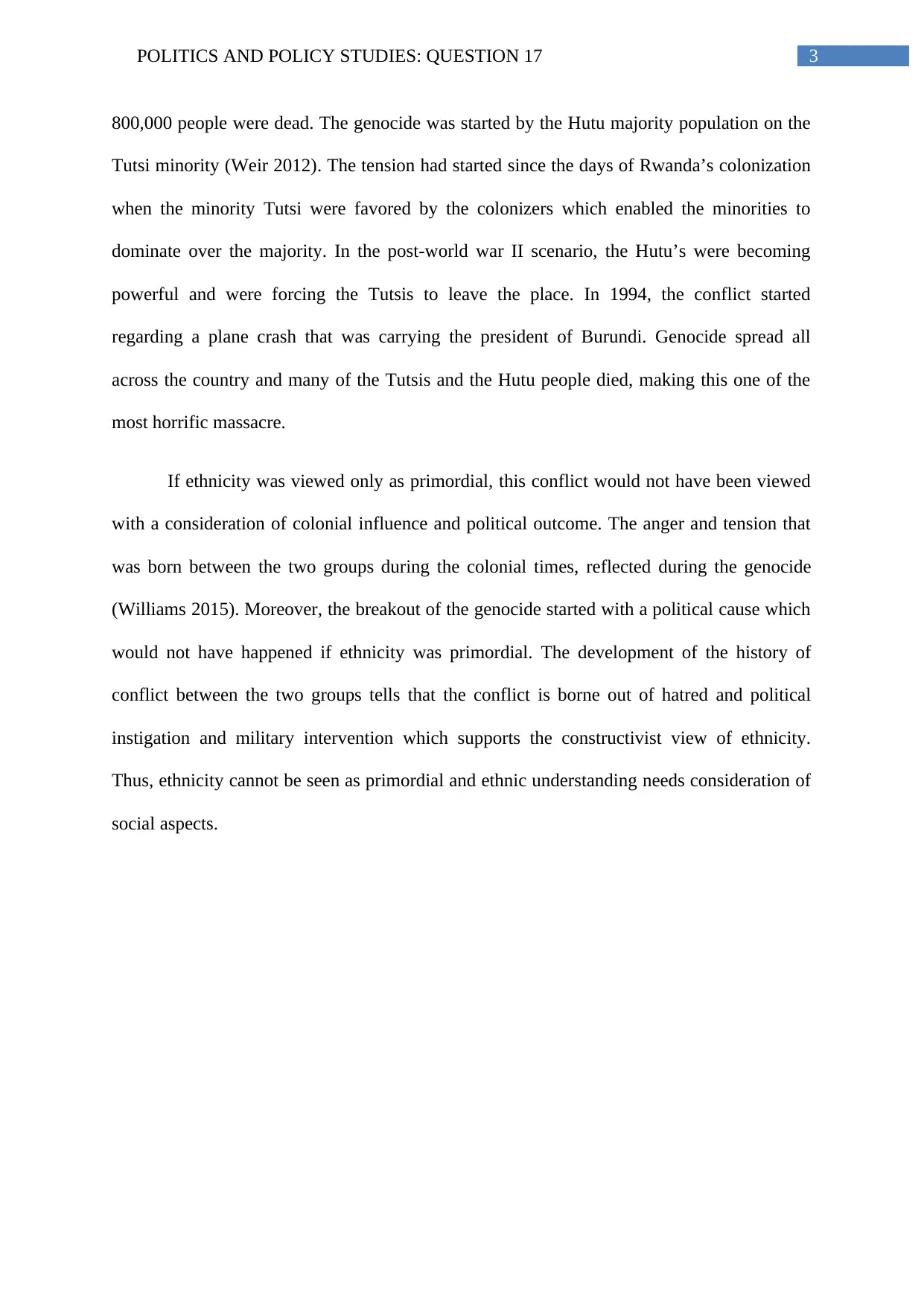
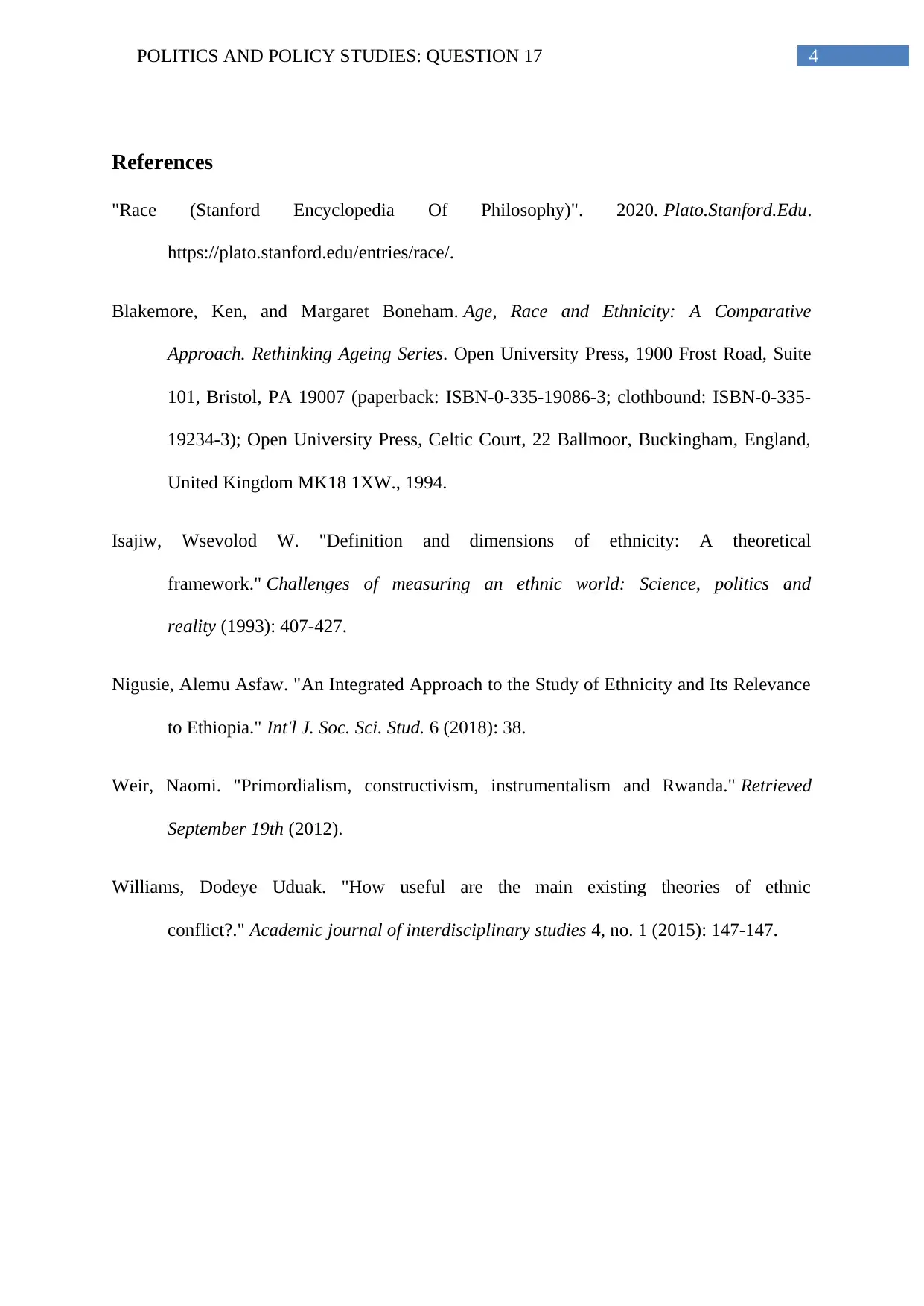

![[object Object]](/_next/static/media/star-bottom.7253800d.svg)